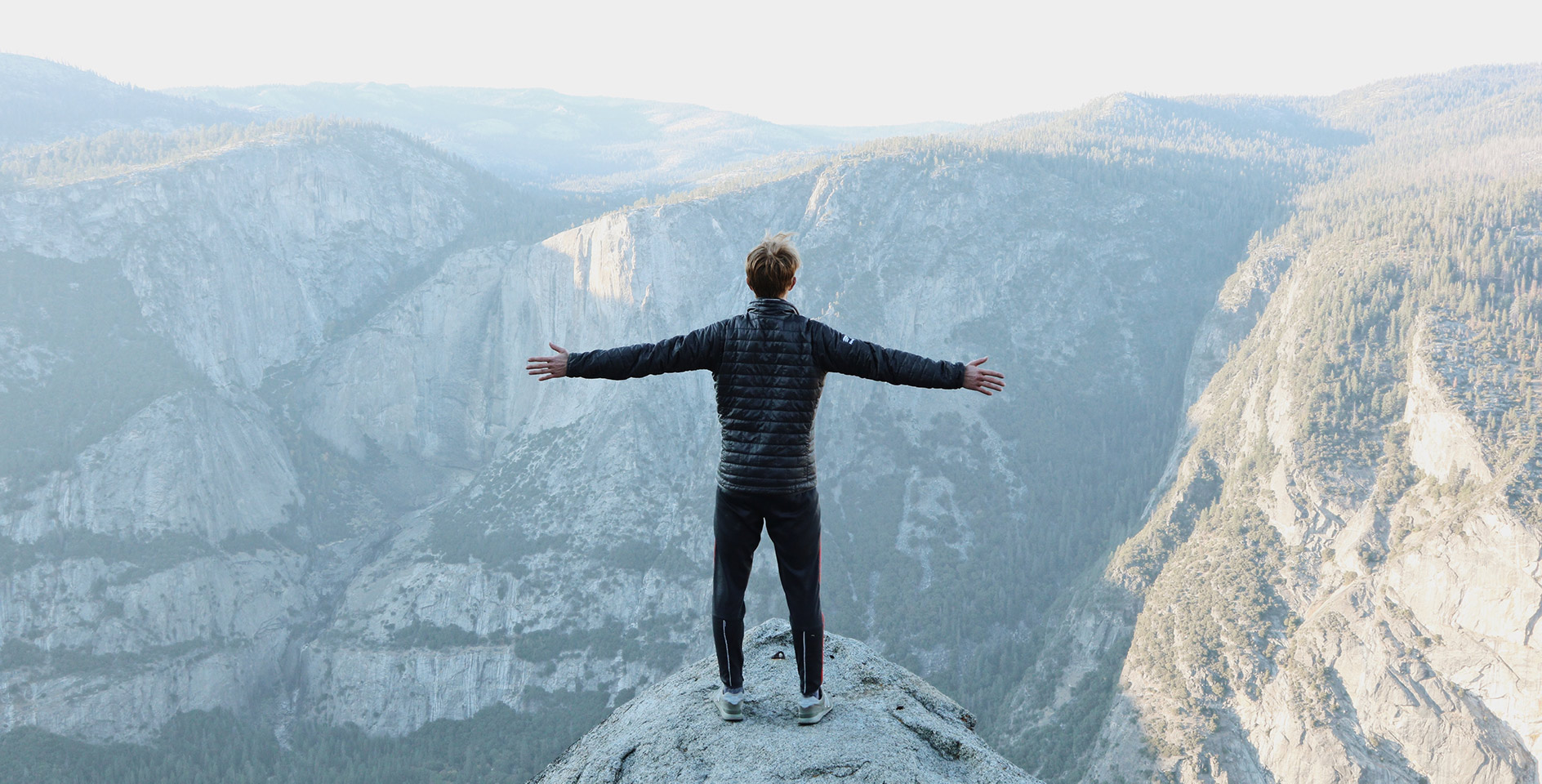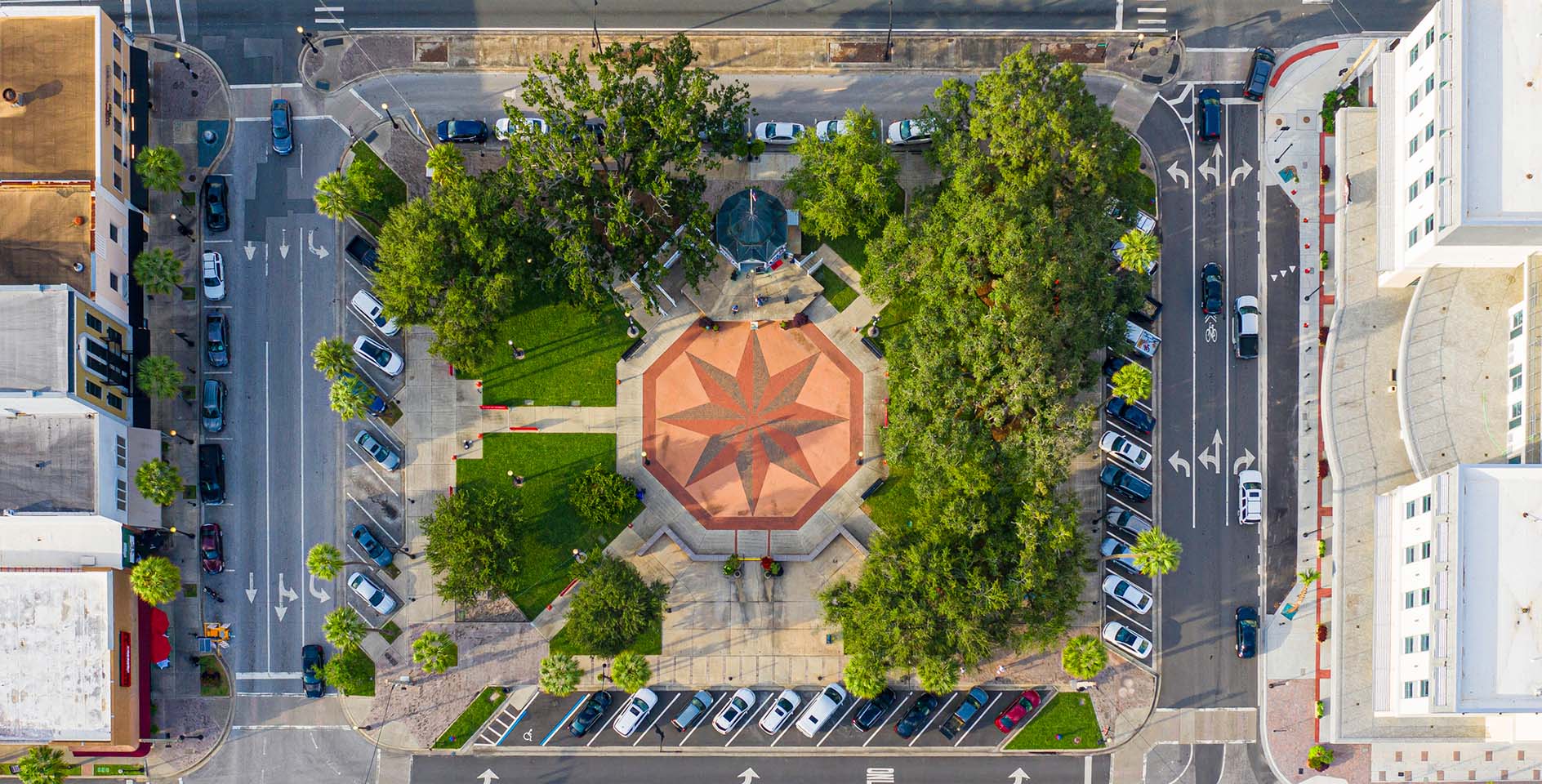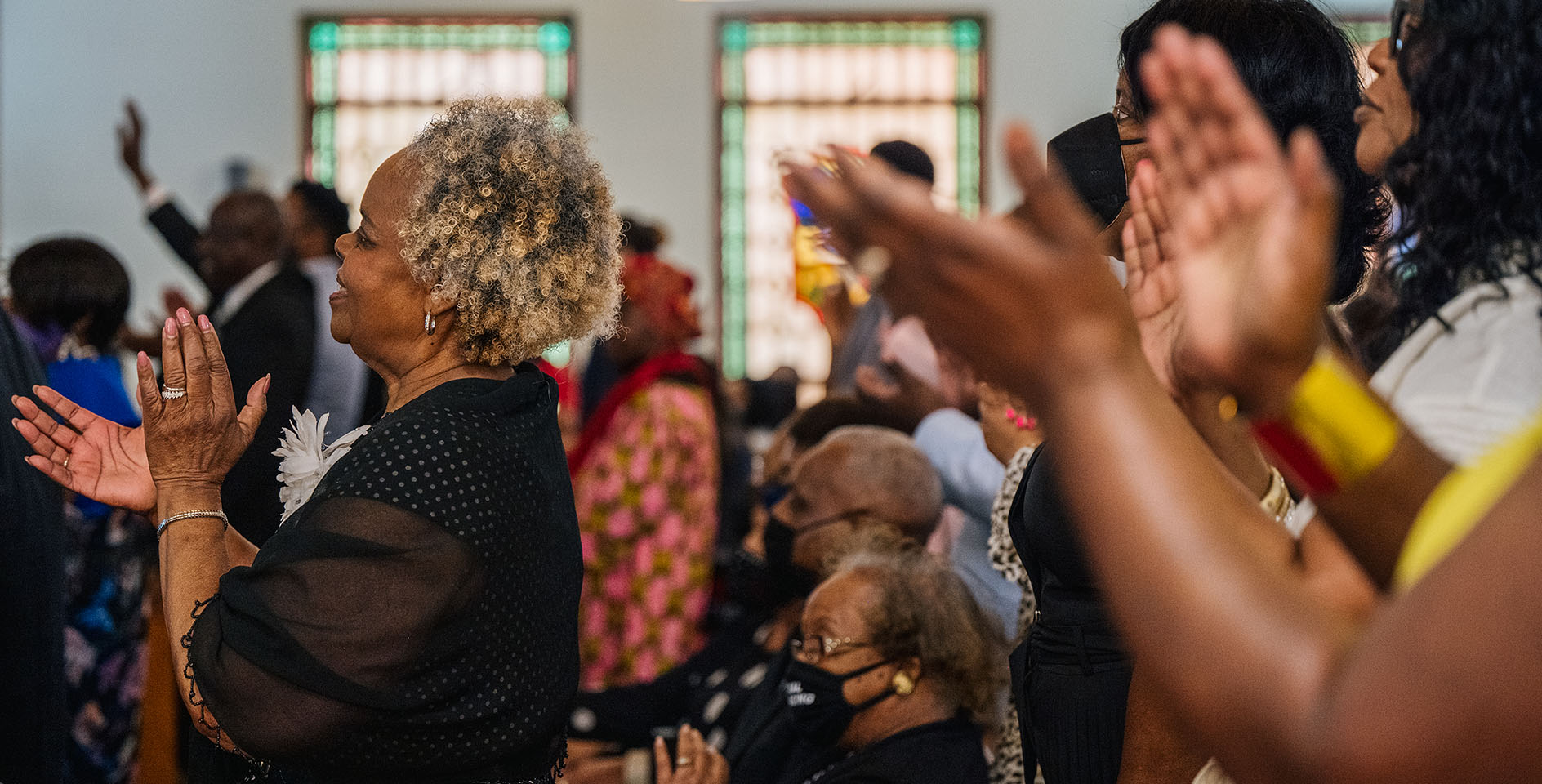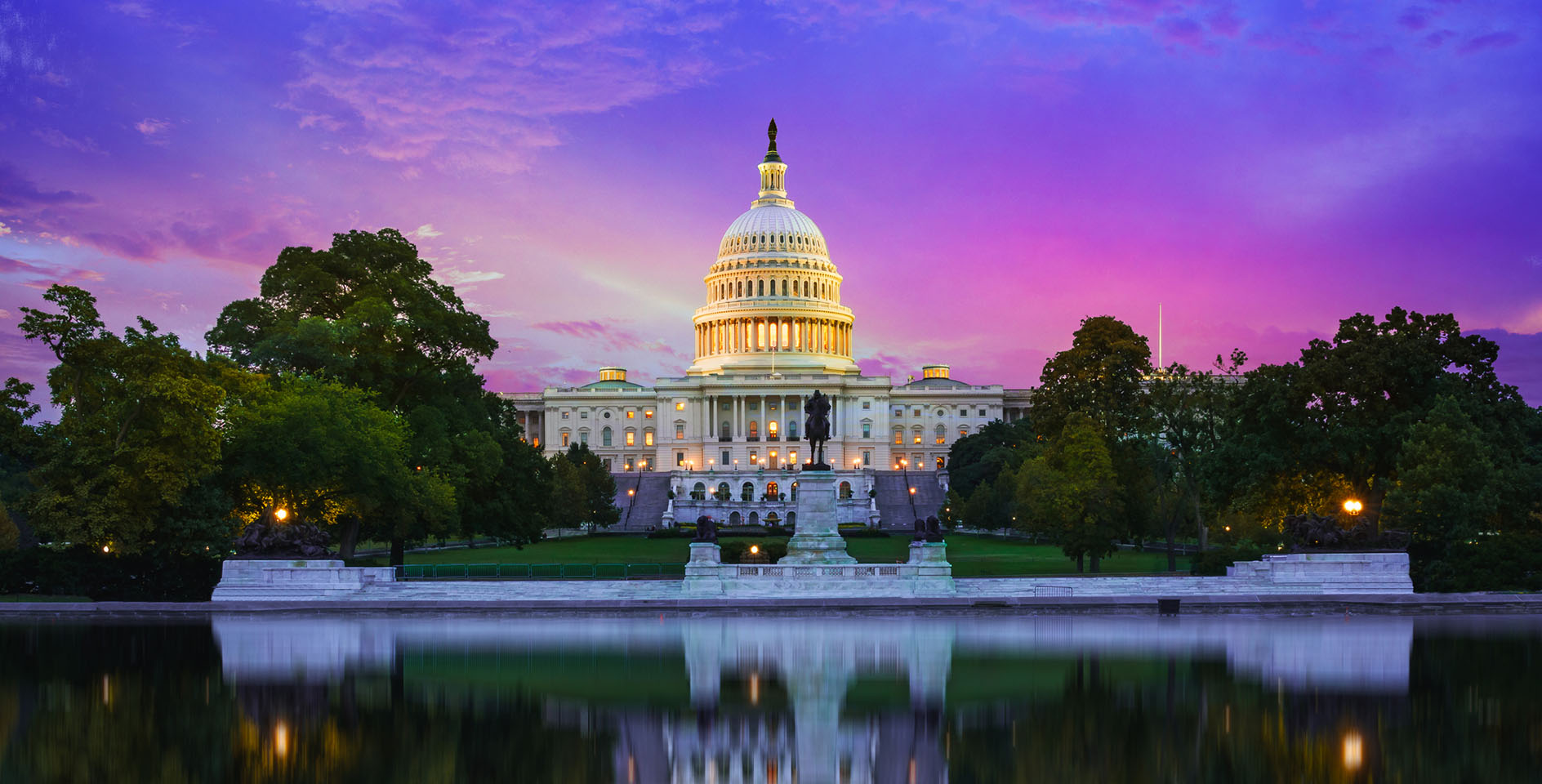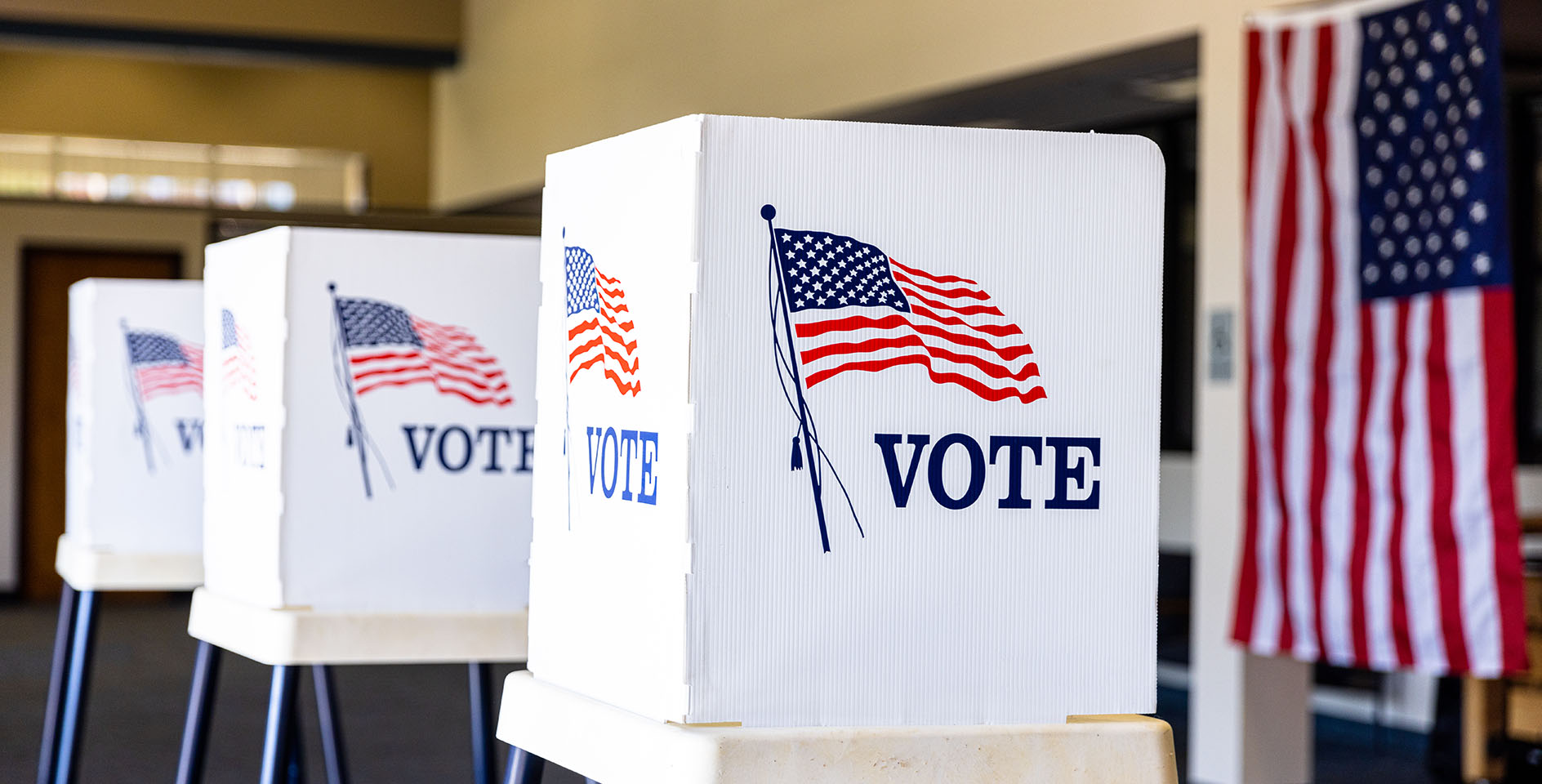Several years ago, a friend of mine was consulted by a white evangelical church in Birmingham as to why their church was in such precipitous decline, given their storied history of success. At the time of the white supremacist bombing of the 16th Street Baptist Church across town, a terrorist attack that killed four young girls, the white church had pews packed with people and budgets flush with cash. On the morning of those murders, the white church was probably silent.
Many of the worshippers in the white church probably reflected the viewpoints of those around them, that the struggle for civil rights was a “political” problem, being driven by “outside agitation” and probably inspired by “Marxists.” While civil rights protesters were beaten and assaulted with fire hoses in the streets, while Sunday-school children saw the stained-glass face of Jesus blown apart, only seconds before they saw his real face looking back at them in eternity, the white church no doubt concluded that they would avoid “politics” and “social justice” concerns. That was what the liberals did. They would just stick to “simple gospel preaching.”
Left unsaid was the fact that the members of that church had no objection to all sorts of other “political” pronouncements, on prayer-in-schools Supreme Court decisions, for instance. But anything more than vague abstractions on something the Bible speaks to unambiguously and repeatedly—the “one blood” humanity in the image of God, the necessity of reconciliation in the body of Christ, justice for those who are oppressed—would have created a firestorm in the congregation. Controversy would have ensued—maybe even resulting in the near-unanimous firing of the pastor and maybe the social isolation of the deacons—if the church had dared to open membership to their fellow Christians who were black, or if they sought to baptize African-American people who came to faith in Christ.
As the years marched on, the area became majority black. The congregation dwindled to a small band of elderly whites who now lived in the suburbs and drove in on Sundays. They tried, they said, to “reach out” to the church’s African-American neighbors, but they couldn’t get them to join. What they couldn’t see is that the church had already sent their message to those neighbors—back when the church didn’t need those neighbors to survive.
Reluctance to do the right thing
What was behind the reluctance to do the right thing? For many churches, no doubt it was a moral blindness, an accommodation to the world around them such that they could not see what was wrong with what they were doing. For others, it was a willful choice, to obey the dictates of Jim Crow rather than Jesus Christ, knowing in their hearts that they were disobeying the will of their Lord. But there were no doubt others whose consciences knew that the pattern around them was wrong.
For many of them, a driver behind this behavior was a fear of losing relevance. After all, a leader who went against the “southern way of life” would have lost his or her ministry place immediately. And laypeople who did so would be deemed “odd” at best or “liberal” and subversive at worst. Some probably believed something would have to be done, eventually, against these injustices, but that they would have to conserve their relevance in order to do so. “If I’m gone,” they might have thought, “they will just replace me with someone self-consciously racist, who will never get the church where it needs to be.” They would have sought to protect their “relevance” to the people, as they were, in the pews. Maybe the church itself understood that this kind of segregation was wrong, but they might have concluded that, were they to accept black members, they would lose the ability to reach the white people in their area, the majority, who mostly would have been “uncomfortable” in an integrated church, for fear that their children might fall in love one day with a non-white peer and want to marry. Moreover, the church probably thought that speaking about these issues would “go over the heads” of their people, who wouldn’t see the relevance of such concerns to their lives.
The irony is that this church not only did away with its moral integrity by their actions, but they also did away with the very thing they sought to preserve, their relevance, in the long run. Their complicity with injustice not only brought them on the wrong side of Jesus, but also sacrificed their future in order to placate the present.
And behind that was a skewed vision of who is really “important” and “significant.” In the book of Revelation, the “Beast” of power and influence and the false prophets praising it seem to be influential. But those who sit on the only thrones that survive the apocalypse to come are beheaded martyrs, the last people with whom one would want to be seen or associated, for fear of losing one’s own head too. And yet, they were the ones reigning with Christ (Rev. 20:4). And still are.
Ordinary decisions of everyday life
Now, it is far too easy to look back on the way previous generations accommodated themselves to injustices. That was, of course, Jesus’ warning to the religious leaders of his time: “For you build the tombs of the prophets and decorate the monuments of the righteous, saying, ‘If we had lived in the days of our fathers, we would not have taken part with them in shedding the blood of the prophets’” (Matt. 23:29–30). But the truth is that this phenomenon, of shrinking back in the face of injustice, is not isolated to any previous generation, but is always happening, in every time. And this sort of accommodation is not just the case in epoch-defining issues of social injustice, as with the regime of Jim Crow, but often happens in the quieter, more ordinary decisions of everyday life.
Sometimes the difficulty comes with not knowing what the right thing to do is. There are often circumstances when that becomes a real dilemma. The Christian who works in military intelligence grapples with whether or not it is lying to take on an undercover identity as someone who is of another religion, for instance, and will have to “worship” along with others. Consider the couple who come to the conviction that human life begins at conception, but then do not know what to do with the embryos they fertilized, now kept in freezers, when they were undergoing fertility treatments years before. Or consider the woman who wonders if her husband’s several-times-now infidelities, after which he always claims to be repentant, constitutes biblical grounds for divorce. There are always going to be moments where we want to do the right thing, if only we could discern what it is.
The bigger challenge, though, for a life of courage is not such situations, but the more typical one, in which we know, deep in our consciences, what the right thing to do is, but we lack the bravery to do it. Sometimes—as we have seen before— that timidity comes from a fear of someone else’s power or of losing our place in the community, but often it is not just these things but also the sense that the way of injustice is seemingly permanent. The seeming permanence causes many to conclude that these unjust practices or structures are “just the way the world is,” and that taking a “realistic” view means simply accepting such things. We start, then, to conclude that whatever is unjust is just normal. Or we start to despair of any ability for any of these things to change.
Along with that, then, comes the tendency to seek to conserve one’s “relevance” to “the real world.” In such cases, our reading of the “way things are, and always will be” empowers not courage but cowardice. And often that has to do with what group we see as mattering to our own status, and what group is expendable in order to get or to maintain that status. Think of, for instance, the high school student who sees the bullied, lonely student by herself at the cafeteria table, but is scared to sit with her, for fear that this will mean that he, too, will be excluded from his friends, and will join her in her loneliness. That tendency, sadly, does not go away with graduation, but is the persistent pull all of life.
This is an excerpt from Chapter 7, “Courage and Justice,” in The Courage to Stand: Facing Your Fear without Losing Your Soul.



